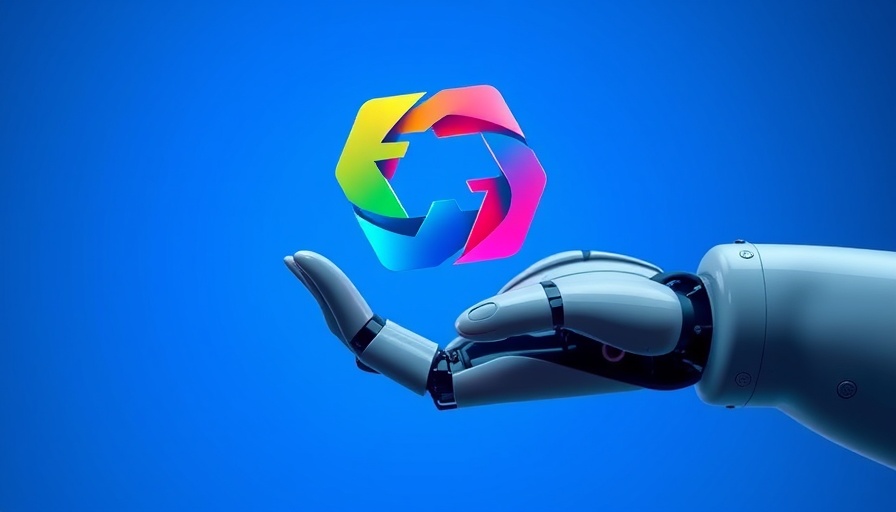
Transforming Healthcare Through AI: Microsoft’s Dragon Copilot
In a groundbreaking move for healthcare innovation, Microsoft has unveiled its Dragon Copilot AI clinical assistant in Ireland, a pivotal advance in the Microsoft for Healthcare initiative. This new tool aims to streamline clinical workflows, allowing practitioners to focus more on patient care and less on tedious administrative tasks.
What is Dragon Copilot?
Dragon Copilot combines the robust natural language capabilities of Dragon Medical One and the advanced ambient listening features of Dragon Ambient eXperience into a single, powerful AI assistant. By integrating seamlessly with electronic patient records (EPR), it enhances operational efficiency and clinician well-being while ensuring patient safety through healthcare-specific safeguards.
Clinical Testing: Real-World Impact
The AI solution underwent rigorous testing with over 200 clinicians across various specialties in seven healthcare organizations in the UK and Ireland, involving more than 10,000 consultations. Feedback from this extensive pilot program highlighted its effectiveness in reducing the administrative burden that often distracts clinicians during consultations. According to Ciara Perciavalle, head of health at Microsoft Ireland, “Dragon Copilot is helping to reshape how clinicians manage time-consuming administrative tasks.”
The Challenge of Administrative Burdens
Administrative tasks are a growing concern within healthcare, with studies indicating that clinicians often feel pressured to focus more on documentation than on engaging with their patients. A Microsoft-commissioned report revealed that 40% of surveyed patients felt their clinician was more preoccupied with the screen than with them during consultations. This underscores the need for innovative solutions that foster a closer clinician-patient relationship.
Improving Patient Connection and Care
Dragon Copilot serves as a facilitator for more meaningful healthcare interactions by automating documentation, referrals, and after-visit summaries. As Dr. Peter-Marc Fortune, a pediatric intensive care physician, notes, clinical AI assistants like Dragon Copilot should enable clinicians to prioritize the patient interaction itself. This could return the practice of medicine to a more personal, face-to-face model reminiscent of traditional healthcare settings.
Addressing Workforce and Resource Constraints
With growing demands on healthcare systems, especially in light of the pandemic and aging populations, AI solutions are becoming increasingly pivotal. The introduction of technologies like Dragon Copilot is not only a step toward alleviating administrative burdens but also a move toward building a more resilient healthcare infrastructure. By leveraging AI, organizations can maintain high standards of care even in the face of limited resources.
The Future of AI in Healthcare
As we look forward, it's essential to understand the transformative potential of AI technologies in healthcare. AI can revolutionize clinical workflows, improve patient outcomes, and provide valuable data-driven insights. The roadmap for AI in healthcare, as outlined in various expert analyses, indicates that the integration of AI will continue to evolve, enabling features like personalized patient care and smarter healthcare delivery models.
Conclusion: The Importance of AI in Shaping Healthcare
In summary, Microsoft’s Dragon Copilot represents a significant advancement in the application of AI within healthcare. By easing the workload of clinicians and enhancing the patient experience, projects like Dragon Copilot are paving the way for a future where healthcare systems can effectively meet the challenges of modern medicine. Understanding these developments allows healthcare professionals and organizations to prepare for an AI-augmented future where the collective resources of technology and human intelligence work hand-in-hand in delivering exceptional care.
 Add Row
Add Row  Add
Add 




Write A Comment